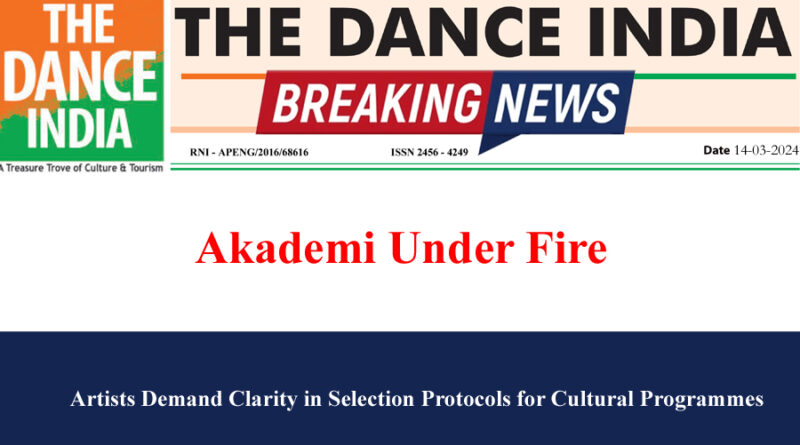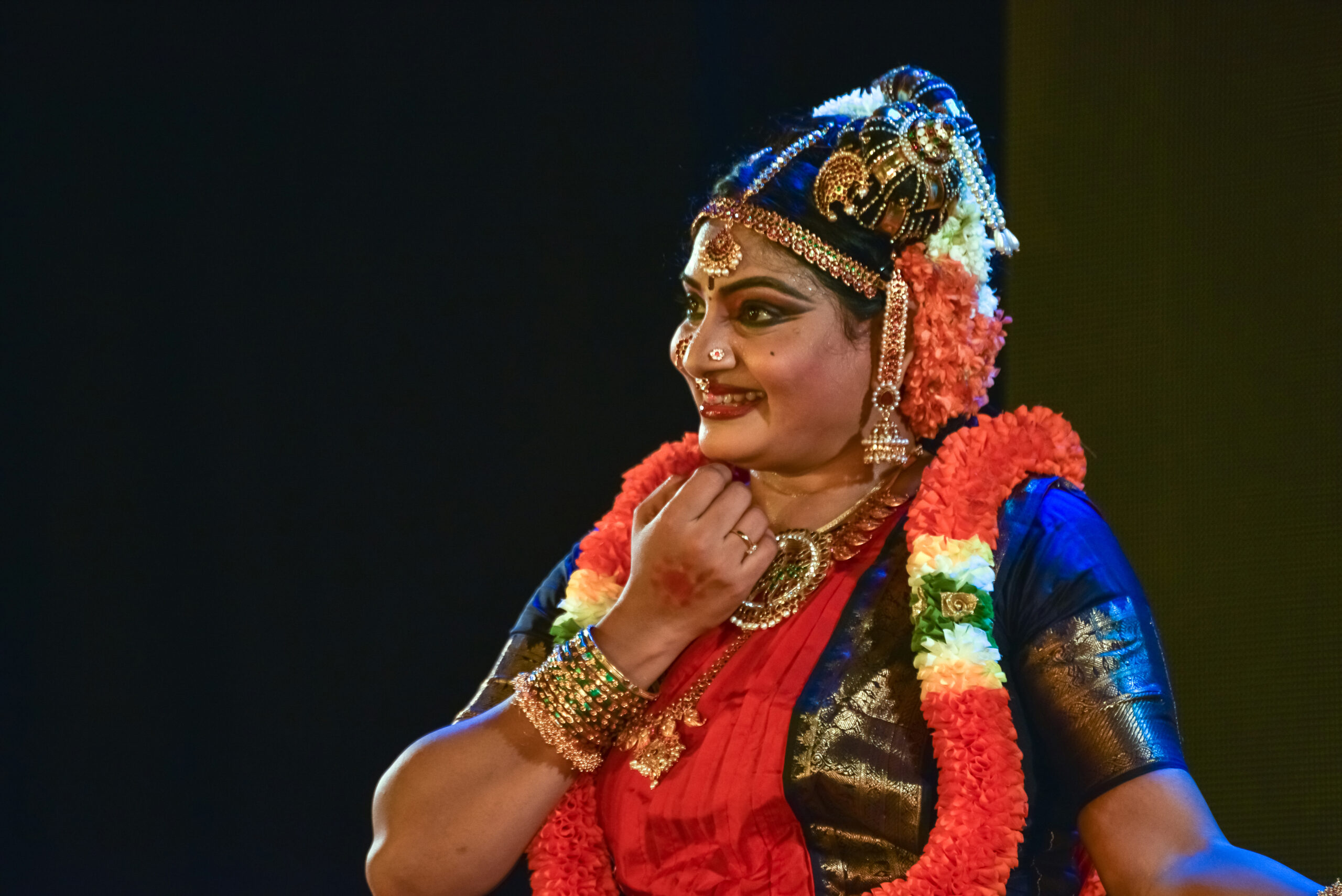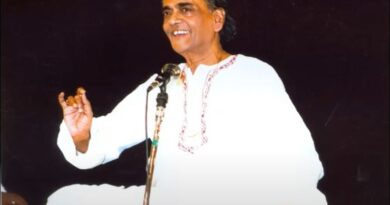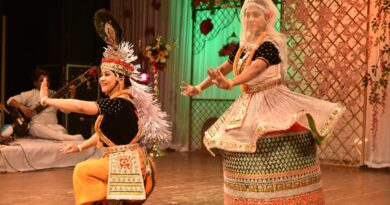Akademi Under Fire
Artists Demand Clarity in Selection Protocols for Cultural Programmes
A collective comprising distinguished artists and performers has recently articulated concerns regarding the opacity surrounding the selection protocols for participation in various cultural endeavors organized by the Sangeet Natak Akademi. This esteemed institution, tasked with the preservation and propagation of the performing arts within the nation, is being called upon to elucidate the criteria and methodologies employed in the selection of artists for its programmes.
The matter has cast a spotlight on the Akademi’s comprehensive database, which includes a wide array of artists, scholars, critics, writers, and art historians from the sphere of performing arts. This database is instrumental in refreshing and augmenting the roster of talent featured in the Akademi’s events.
A statement from a venerable exponent of the arts highlighted the issue: “The Sangeet Natak Akademi holds a prestigious position, offering a platform to exhibit the nation’s rich cultural heritage. Nevertheless, there is a palpable absence of transparency in the selection mechanism of artists, leading to apprehensions regarding possible biases or undue influences.”
In response to these concerns, the artists have called upon the Akademi to publicly disclose the specifics of its repository and the selection criteria utilized for its programs. They contend that such transparency would not only promote fairness and impartiality but also foster a broader and more inclusive representation of talent across the myriad genres of performing arts.
This controversy has rekindled discussions about the imperative for enhanced transparency and accountability in cultural institutions, particularly those entrusted with the stewardship of the nation’s artistic legacy.
Here is a draft news article on the controversy surrounding Sangeet Natak Akademi’s artist selection process:
Artists Demand Transparency in Akademi’s Opaque Selection Process
A collective of distinguished artists and performers has raised concerns over the lack of transparency in the selection protocols employed by the prestigious Sangeet Natak Akademi for its various cultural endeavors. The esteemed institution, entrusted with preserving and propagating India’s rich performing arts heritage, is facing calls to clarify the criteria and methodologies used to select artists for its programs.
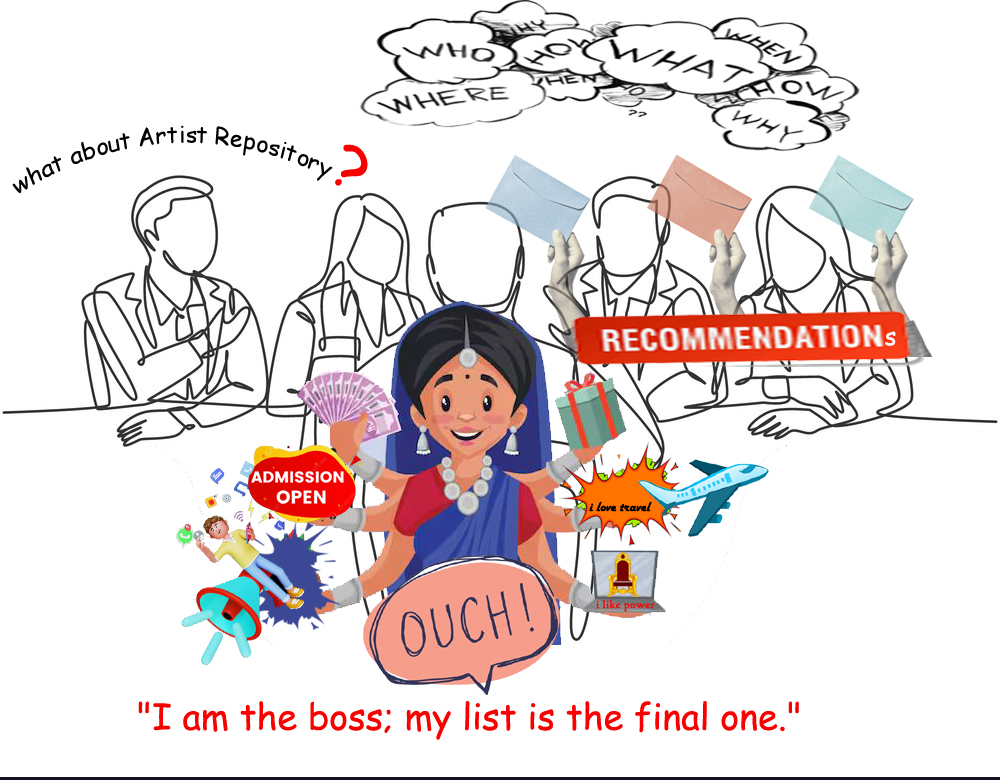
The controversy has brought the Akademi’s comprehensive database into the spotlight. This repository includes a wide array of artists, scholars, critics, writers, and art historians from the realm of performing arts. The database plays a crucial role in refreshing and augmenting the talent roster featured in the Akademi’s events.
Addressing the issue, a venerable exponent of the arts stated, “The Sangeet Natak Akademi holds a prestigious position, offering a platform to exhibit the nation’s rich cultural heritage. Nevertheless, there is a palpable absence of transparency in the selection mechanism of artists, leading to apprehensions regarding possible biases or undue influences.”
In response, the artists have urged the Akademi to publicly disclose the specifics of its repository and the selection criteria utilised for its programmes. They contend that such transparency would promote fairness and impartiality while fostering a broader and more inclusive representation of talent across the myriad genres of performing arts.
The Akademi’s comprehensive database serves as a valuable resource, encompassing a diverse range of professionals from the performing arts domain, including artists, scholars, critics, writers, and art historians. This repository is instrumental in identifying and selecting talent for the Akademi’s various cultural endeavours, ensuring a dynamic and representative programme lineup.
However, the lack of transparency regarding the selection protocols has raised concerns within the artistic community. Critics argue that opaque processes could potentially lead to biases or undue influences, undermining the institution’s integrity and compromising equal opportunities for all artists.
This controversy has reignited discussions about the imperative for enhanced transparency and accountability in cultural institutions, particularly those entrusted with the stewardship of the nation’s artistic legacy. Advocates argue that by making its selection criteria and processes public, the Akademi can address these concerns, promote inclusivity, and encourage a wider pool of talented artists to participate in its programmes, ultimately enriching the cultural landscape.
As the debate continues, the Sangeet Natak Akademi faces mounting pressure to address the concerns raised by the artistic community and implement measures to ensure fair, transparent, and inclusive selection processes that reflect the rich diversity of talent in India’s performing arts.

